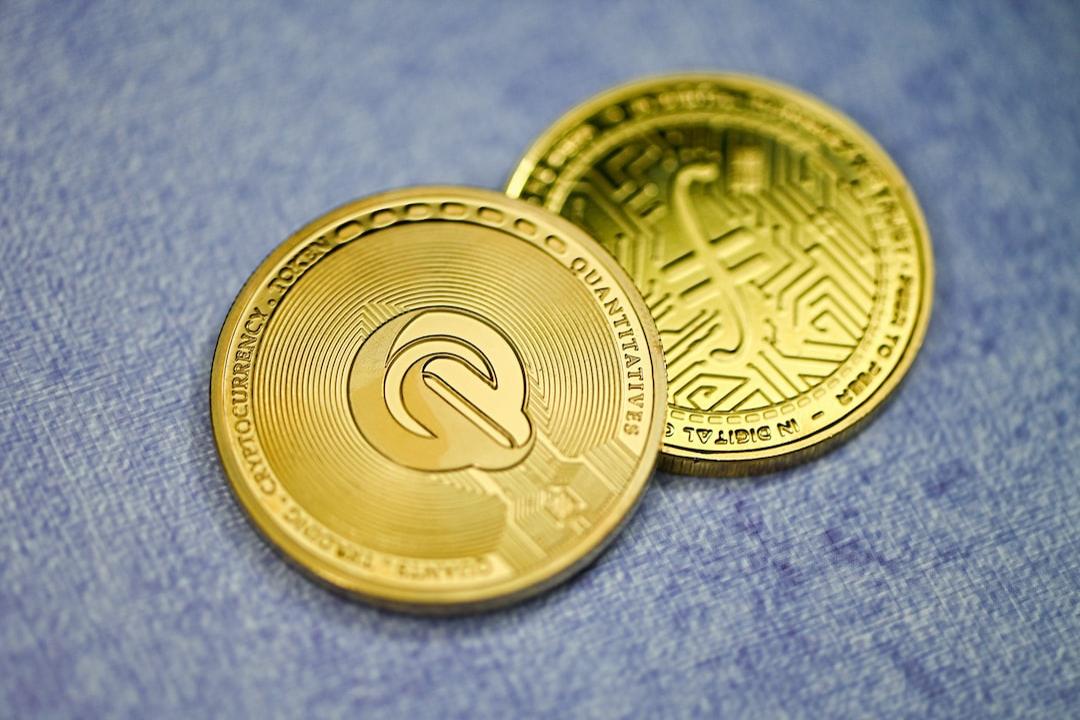Article: Bitcoin Provides Potential as a Reserve Asset Amid Inflation and Geopolitical Risks, Report Finds
A recent report published by the Bitcoin Policy Institute suggests that central banks should consider Bitcoin as a means of safeguarding against economic and political uncertainties. The report, titled “The Case for Bitcoin as a Reserve Asset,” argues that Bitcoin could serve as a reserve asset to protect against inflation, geopolitical tensions, capital controls, sovereign defaults, banking crises, and international sanctions.
Authored by economist Matthew Ferranti, the paper emphasizes Bitcoin’s limited correlation with traditional financial assets, describing it as an “effective portfolio diversifier.” This unique lack of correlation, according to Ferranti, gives Bitcoin significant value as a reserve asset, particularly for countries seeking to reduce their dependence on the U.S. dollar.
Bitcoin’s decentralized nature and absence of counterparty risk also make it appealing to countries facing financial sanctions, such as Venezuela and Russia. Ferranti refers to these countries as experiencing a form of “selective default.” While acknowledging that Bitcoin may not be suitable for all central banks, Ferranti highlights its potential as a store of value, comparing it to gold in its ability to safeguard against currency depreciation.
This perspective aligns with the growing interest in Bitcoin as a strategic asset among some U.S. policymakers. Calls for the creation of a U.S. Bitcoin strategic reserve have gained traction, particularly following former President Donald Trump’s speech at the Bitcoin 2024 conference in Nashville, Tennessee. In response, Wyoming Senator Cynthia Lummis introduced the Bitcoin Strategic Reserve Bill, which aims to gradually acquire 5% of Bitcoin’s total supply for the U.S. Treasury. Trump himself even suggested the use of Bitcoin to reduce the national debt during a recent interview with Fox News, highlighting the asset’s potential to counter inflation due to its fixed supply.
Bitcoin advocate and MicroStrategy CEO Michael Saylor likened the strategic reserve initiative to the Louisiana Purchase, describing it as a pivotal economic opportunity. However, some, including Cardano founder Charles Hoskinson, caution that a national Bitcoin reserve could enable governments to exert influence over the Bitcoin network, potentially compromising its decentralized nature.
The release of this new report comes shortly after a research paper from the Federal Reserve Bank of Minneapolis raised concerns about the impact of Bitcoin on government fiscal policies. The paper suggested that the cryptocurrency may need to be taxed or banned to assist governments in managing deficits. According to the Minneapolis Fed, Bitcoin creates what they refer to as a “balanced budget trap,” which forces governments to balance their budgets.
Similarly, the European Central Bank (ECB) recently called for the regulation or banning of Bitcoin, citing concerns over wealth redistribution. ECB Senior Management Adviser Jürgen Schaaf echoed this sentiment, advocating for policies to curb Bitcoin’s growth. Critics of the ECB’s stance argue that the paper fails to consider the broader context of monetary inflation. For instance, public sector debt in the UK has reached nearly 98% of GDP in 2023-2024, the highest level since the 1960s. Additionally, the national debt in the U.S. has ballooned to $35 trillion, driven in part by a 41% increase in the M2 money supply since 2020.


